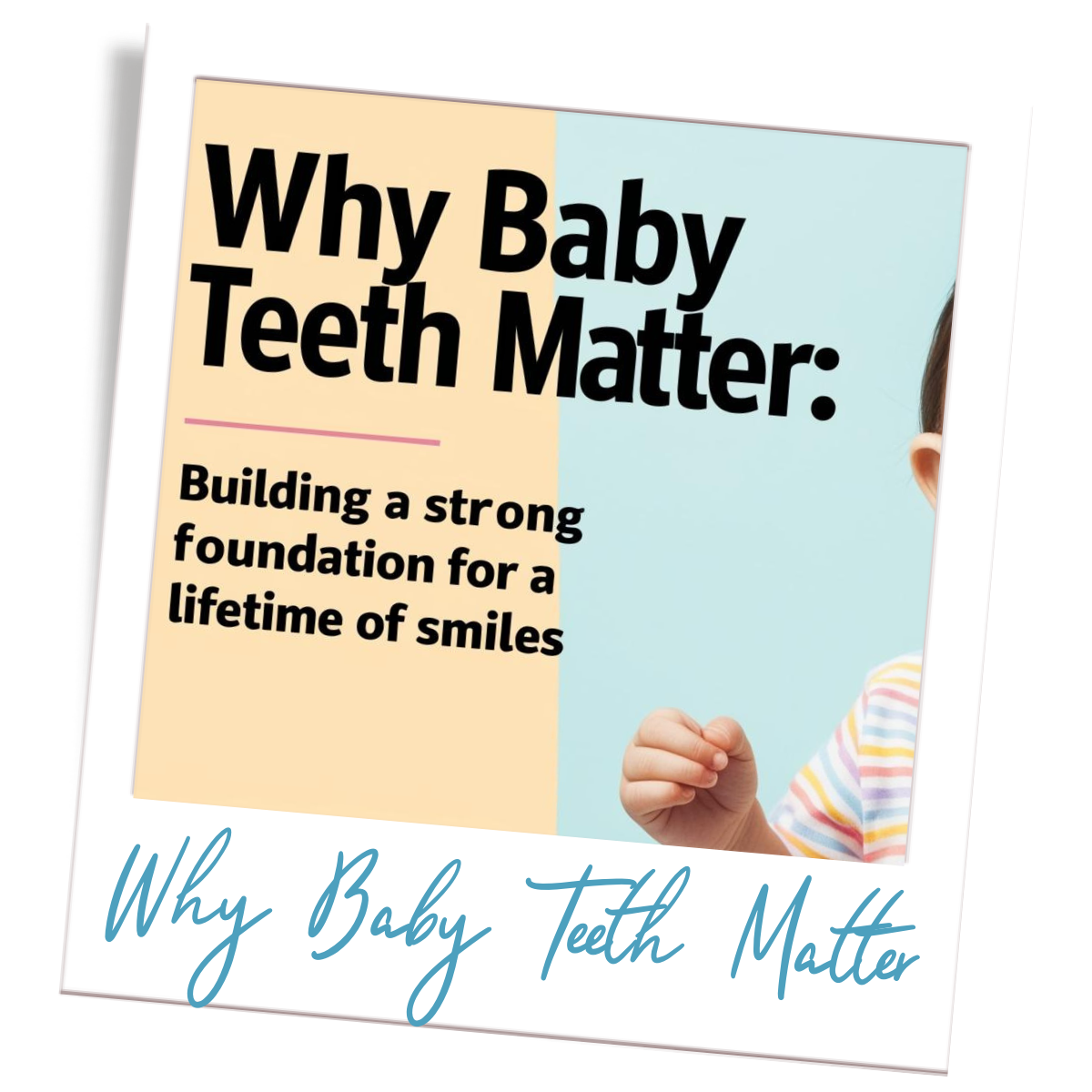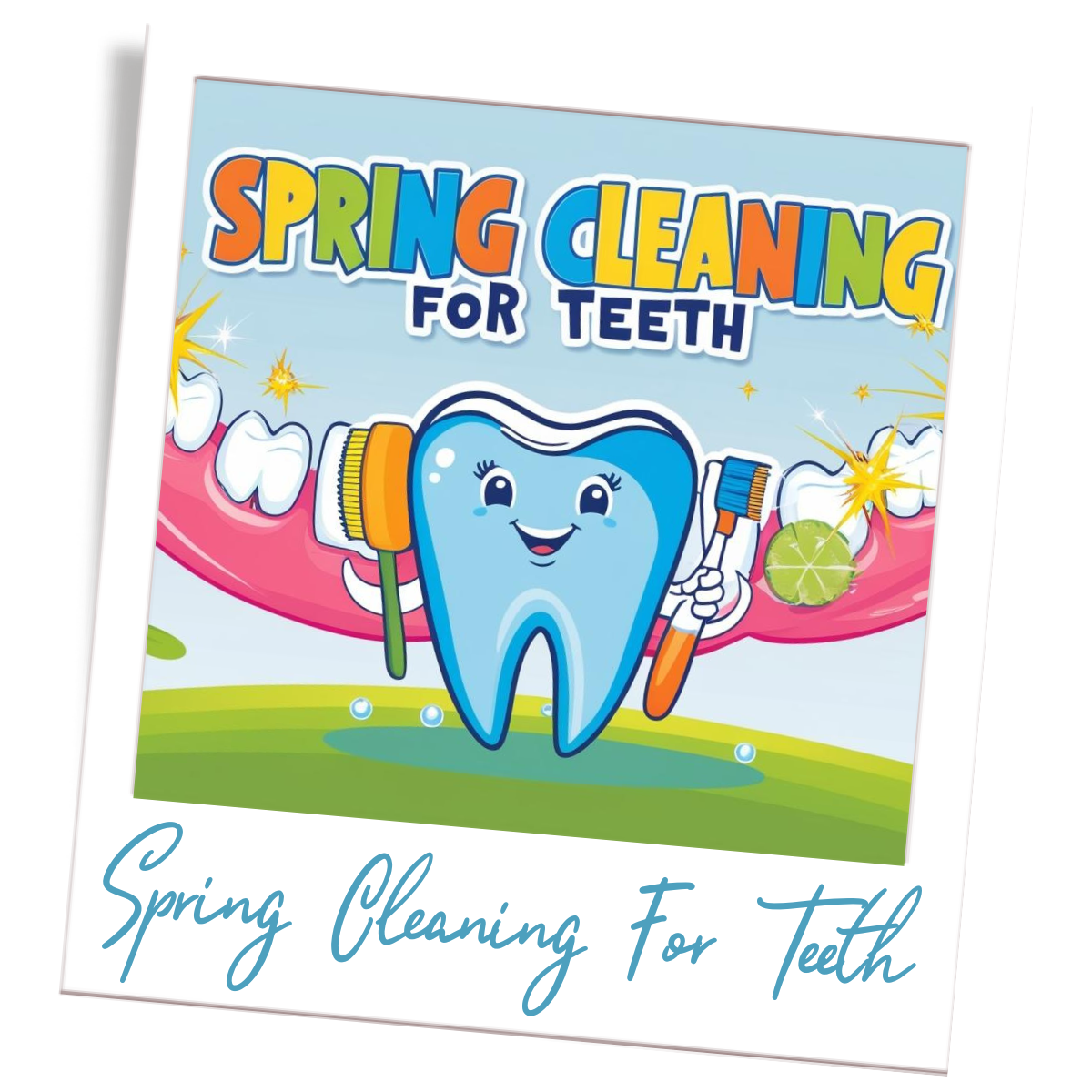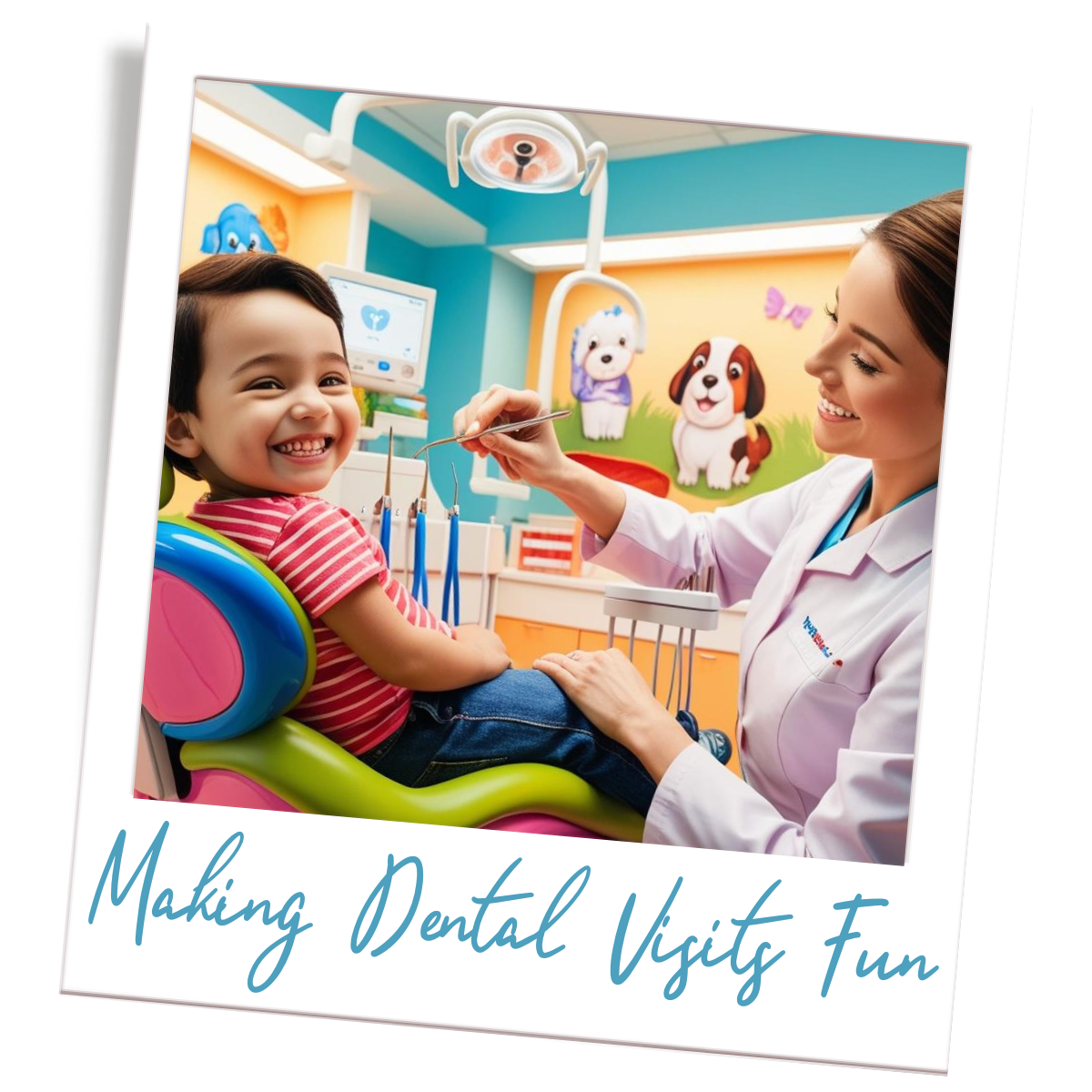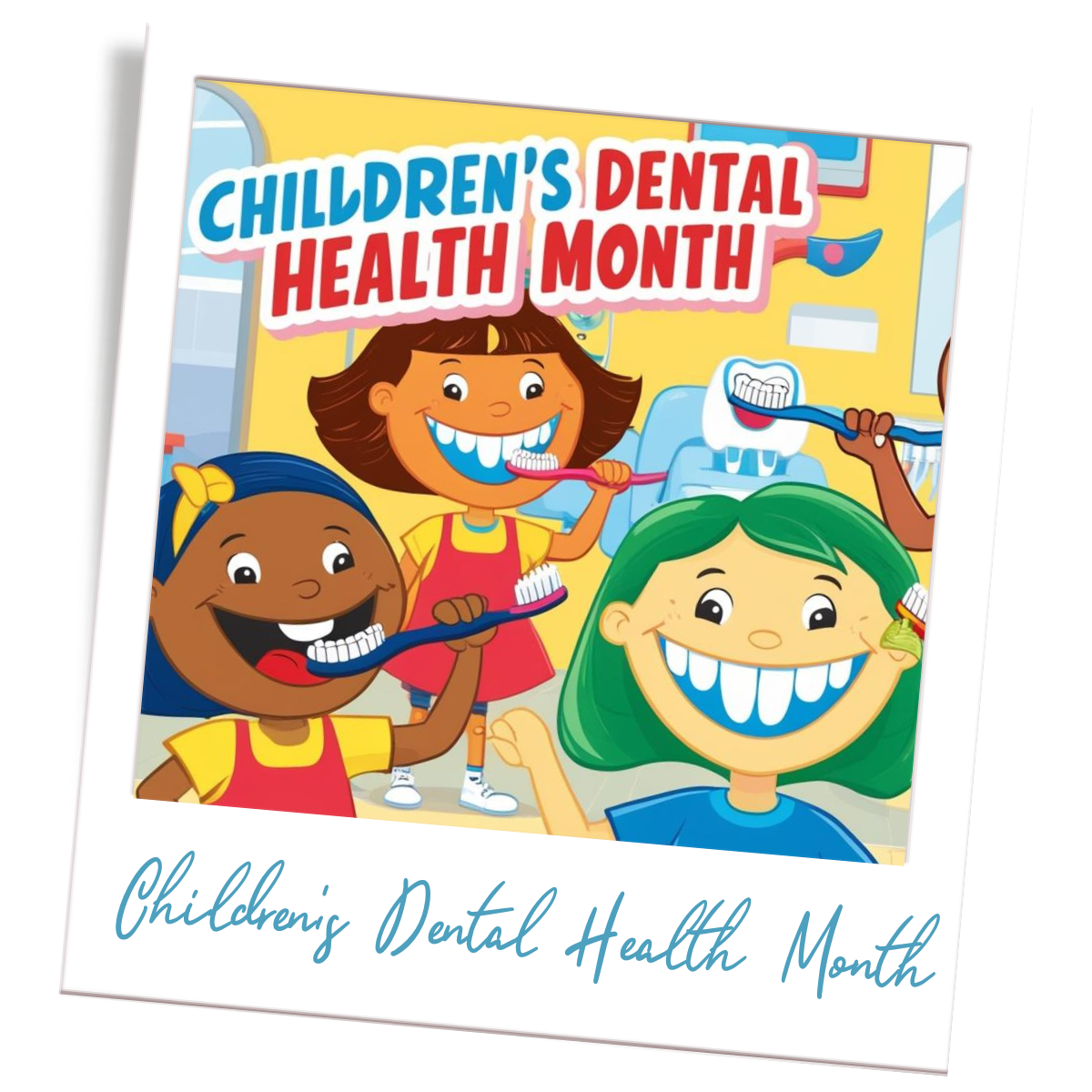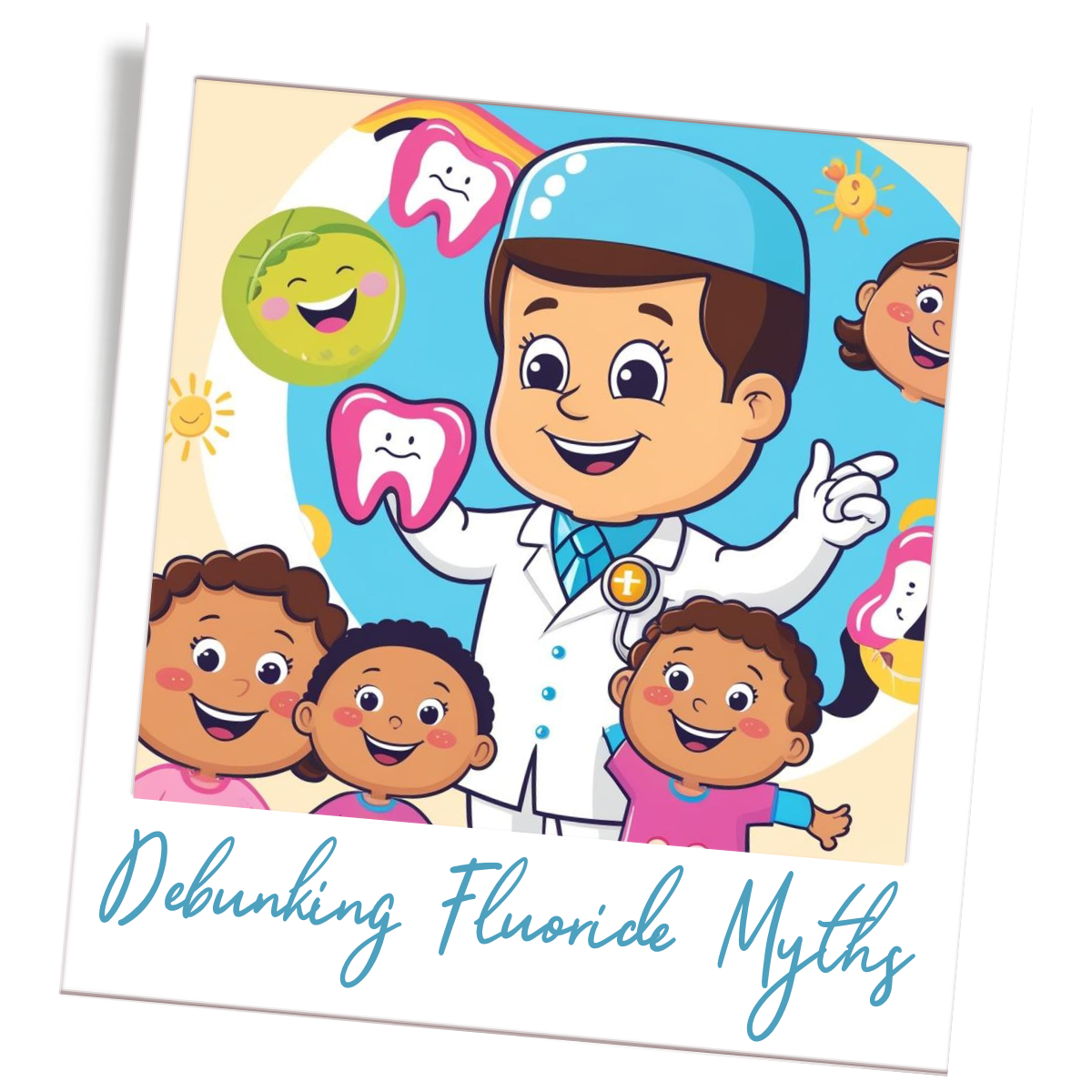Keeping Teeth Clean
As parents our children’s health is a main concern. That includes their hygiene too, especially for teens! It's crucial to know that cavities can start forming in kids at any age, like during toddlerhood so it’s important to grasp how their teeth develop and teach them dental habits from a young age onwards. It is vital to choose the right toothbrushes and toothpaste for them and be able to recognize any signs of decay to keep their health in check effectively.
Keeping teeth clean is essential to prevent tooth decay; here are some things to remember for hygiene practices.
Children usually begin teething at around six months old and typically have all 20 baby teeth by the age of three.
- Taking care of teeth from an early stage is crucial to prevent cavities.
- Kids generally start losing their baby teeth and growing adult teeth around the age of six.
- Emphasizing good dental health from a young age is essential.
Developing dental care routines from a young age lays the groundwork for maintaining bright and healthy smiles throughout a lifetime. Making sure to brush and floss regularly can prevent cavities from forming.
Here are three key elements to developing dental care routines from a young age:
- Consistency: Establish a regular brushing and flossing schedule, making it a part of your child's daily routine. This consistency helps reinforce the habit and ensures that oral hygiene becomes second nature.
- Education: Teach your child about the importance of dental care and the impact it has on their overall health. Use age-appropriate explanations and fun activities to make learning about oral hygiene engaging and memorable.
- Positive Reinforcement: Encourage and reward your child for maintaining good dental habits. Positive reinforcement, such as praise or small rewards, can motivate them to continue caring for their teeth and gums diligently.
By focusing on these key elements, you can effectively instill lifelong dental care habits in your child, promoting a future of healthy smiles and confidence.
Choosing the right toothbrush and toothpaste for your child is essential for establishing good oral hygiene habits early on. Here are some tips to guide you:
Toothbrush Selection for Children:
- Size and Shape: Select a toothbrush with a small head and a handle that's easy for little hands to grip. This ensures they can reach all areas of their mouth comfortably.
- Bristle Softness: Opt for soft bristles to protect your child's delicate gums and enamel. Soft bristles are effective at cleaning without being harsh.
- Fun Designs: Consider toothbrushes with fun designs, colors, or characters that your child loves. This can make brushing more enjoyable and encourage regular use.
- Electric Options: For older children, an electric toothbrush might be appealing and can sometimes make brushing more effective and fun.
Toothpaste Selection for Children:
- Fluoride Content: Use a fluoride toothpaste to help prevent cavities and strengthen enamel. For children under three, use a smear or rice-sized amount. For those aged three to six, a pea-sized amount is recommended.
- Age-Appropriate Formulation: Choose toothpaste specifically for children, as it often contains less fluoride and has flavors that appeal to kids.
- Flavor: Select a flavor your child enjoys, such as bubblegum or fruit, to make brushing a positive experience.
- ADA Seal of Acceptance: Look for toothpaste with the ADA seal, ensuring it meets safety and effective standards.
By making brushing fun and selecting the right products, you can help your child develop a lifelong habit of good dental hygiene. If you have any concerns or questions, consulting with your child's dentist can provide additional guidance tailored to their needs.
Going to the dentist regularly starting at an age can prevent issues. Promote good habits. Try to schedule the first appointment by age 1 and continue with checkups every six months thereafter.
Recognizing the signs of tooth decay in your child early on can help prevent further dental issues and ensure they receive the necessary treatment. Here are some signs to watch for:
- White Spots on Teeth: Early signs of tooth decay may appear as white spots on the teeth, indicating the enamel is beginning to break down.
- Tooth Discoloration: As decay progresses, you might notice brown or black spots on the teeth.
Diet plays a crucial role in your child's oral health, and understanding how different foods and habits impact their teeth can help in preventing cavities and promoting overall dental wellness. Here are some key points to consider:
Sugary Foods and Drinks:
- Sugar and Acid Production: When your child consumes sugary foods or drinks, the bacteria in the mouth produce acids that can erode tooth enamel, leading to cavities.
- Frequency Matters: Frequent snacking on sugary items can increase the risk of tooth decay. It's better to have sweets occasionally rather than throughout the day.
Healthy Eating Habits:
- Balanced Diet: A diet rich in fruits, vegetables, whole grains, and lean proteins provides essential nutrients that support healthy teeth and gums.
- Calcium and Vitamin D: Foods high in calcium (like dairy products) and vitamin D (like fortified cereals and fish) are important for strong teeth
In summary, taking care of your child’s health is a part of their overall health and growth. From the time their first teeth appear in infancy to their years it is important to teach them oral hygiene habits. By selecting the toothbrush and toothpaste encouraging brushing and flossing and promoting a balanced diet you set the stage for a lifetime of bright and healthy smiles. Ensuring your child has visits, from the age of one, can strengthen these habits and detect any problems early on is key, to good oral hygiene and overall wellbeing, which impacts physical and emotional wellness too! By focusing on these routines, you're supporting your child in building a confident smile that boosts their self-belief and quality of life.

